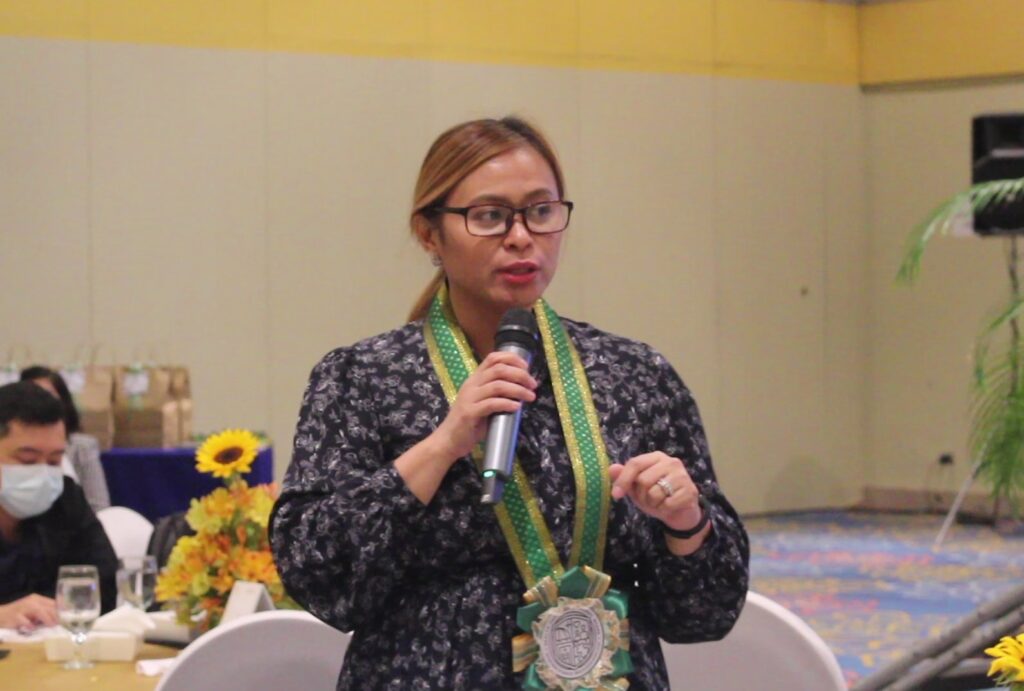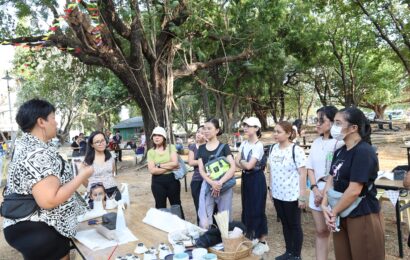CLARK FREEPORT ZONE, Pampanga — Department of Health (DOH) ensured stricter and more efficient implementation of Republic Act 10932 otherwise known as the Anti-Hospital Deposit Law.
It penalizes hospitals and medical clinics that refuse to administer appropriate initial medical treatment in emergency or serious cases on account of patients’ failure to provide deposit or advance payment.

DOH Assistant Secretary Charade Mercado-Grande underscored that the agency, through the Health Facilities Oversight Board (HFOB), will enforce the law by attaining balance between interests of patients and medical providers.
“We are aware that there is no one way streak. We must take into consideration the welfare of our hospitals, service providers, and the patients. We are here to provide the people a just, reliable, and efficient platform to find redress on the unlawful act of health facilities who refuse to provide appropriate medical treatment and support in emergency or serious cases as contemplated by law,” she pressed.
As its chairperson, she explained that the HFOB acts as the body to investigate and eventually render the resolution of any complaints filed by patients who think that health facilities committed acts punishable by the law.
Apart from DOH, it is composed of different stakeholders from Philippine Hospital Association, Philippine Medical Association, Philippine Alliance of Persons with Chronic Illnesses, Philippine Alliance of Patient Organization, and Medical Action Group.
In addition, Mercado-Grande highlighted that the HFOB will strive to strengthen existing policies and elevate future plans concerning the law to push forward the agenda of helping those in dire need of medical attention.
“Together, we will ensure that no citizen will suffer unnecessary loss of life or permanent injury due to unjust refusal of a health facility to administer a proper treatment and support in emergency of serious cases due to failure to provide any form of deposit or advanced payment,” she stated.
The HFOB has a Sumbungan Board which aims to address the specific concerns of patients while balancing the interest of medical practitioners and health facilities in the country.
Likewise, Mercado-Grande shared that they have a website at https://hfob.doh.gov.ph/ where patients may air complaints and grievances.
“We are happy to share that our online platform is continuously being improved to meet the needs of our clients. We have innovated our online means and we have coordinated the same with the National Privacy Commission to ensure that data coming in and out of our offices are protected and secured,” she said.
These platforms are geared to ultimately hit the goal of inclusivity of all Filipino people in the primary agenda of the government to provide universal healthcare coverage in the Philippines.
With this, Mercado-Grande pledged that DOH will continuously initiate programs that champion the health rights of Filipinos especially those who do not have the capacity to pay a huge amount of money to avail medical services.
“We will uphold integrity, we will be impartial, we will be proficient and transparent. We will be their beacon of hope in times of distress. The promise for a better system will never be a promise but a fact anchored on hope and dedication,” she emphasized.
The law is seen not only as a breakthrough in the field of legislation but also a helpful program in health service as it lessens the probability of Filipinos dying, losing their loved ones, or experiencing permanent disability due to lack of financial capacity.
SOURCE: PIA3





